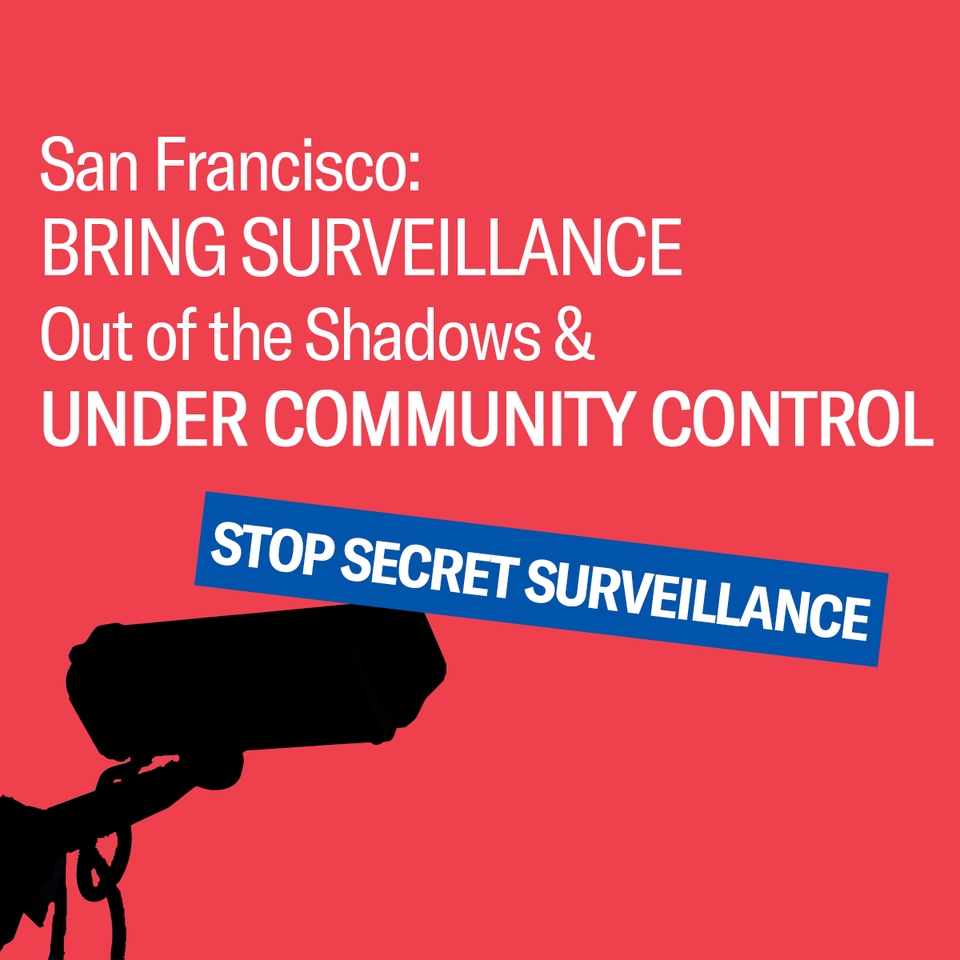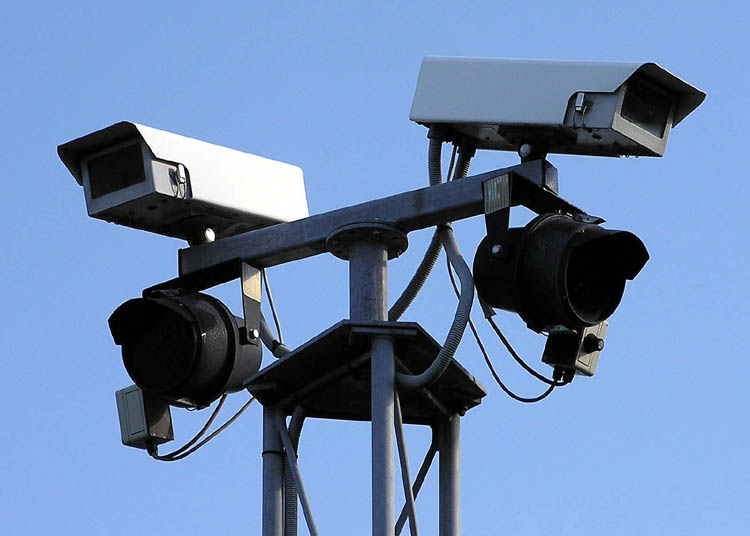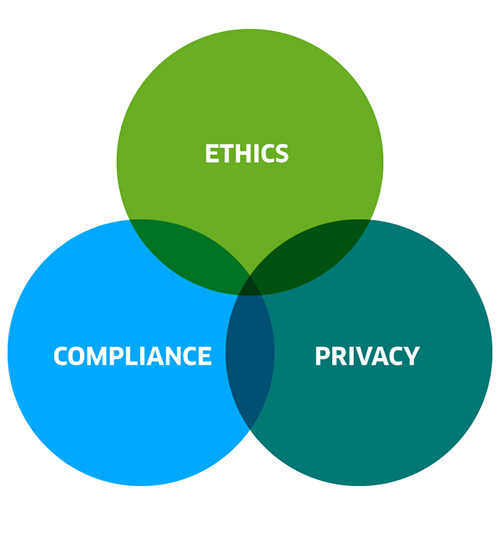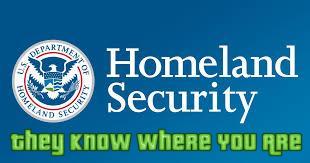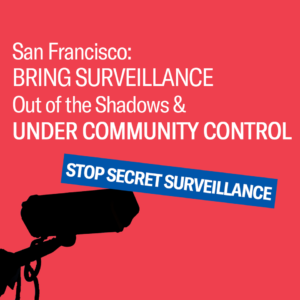Update (5/20/19): Oakland Privacy follow-up letter to BART suggests a) the use of rear camera readers which capture license plates only, without collateral pics of vehicle occupants or interiors and b) limitations on access to BART ALPR data from other federal and local agencies who use the fusion center database. See full letter below.
Update (4/29/19): Ryan Devereaux at The Intercept released a story this morning confirming that a private intelligence contractor pulled information about family separation protests in 2018 off of social media, compiled a dossier and sent it to all the federal fusion centers, including NCRIC. This unconstitutional surveillance of First Amendment protected activity is unacceptable. Combined with previously revealed information about CPB and ICE blanket access to DMV records via the CLETS database, it is becoming clear that BART providing real time geolocation data to the federal fusion center is an existential threat to immigration activists, and all who engage in First Amendment-protected activities.
Update: BART approved the policy on a preliminary basis and will be running a one station pilot (station TBD), with any further expansion requiring a return to the board and a review of the policy.
SF Examiner: BART Board Approves Automated License Plate Surveillance in Parking Lots
NBC Bay Area: BART Board Approves License Plate Readers in Parking Lots
SF Gate: BART Board Approves Policy Governing Use of License Plate Readers
Mercury News: BART Revives Plan To Put License Plate Readers in Parking Lots
A proposal to be discussed at the April 25 meeting of the board of the Bay Area Rapid Transit District (BART) plans for the installation of automated license plate readers (ALPR) at all BART parking lots. On the April 25 meeting agenda, a license plate reader use policy and surveillance impact report will be presented for approval and to begin the process of mass surveillance of all BART riders who use the system’s parking areas.
The proposal would upload the data to the Northern California Regional Intelligence Center (NCRIC), a Department of Homeland Security federal fusion center.
BART flirted with the use of license plate readers in system parking lots in 2016, when operational staff started a pilot program at McArthur BART in secret. After public protest, the Board of Directors voted to end the pilot program, but it continued despite the board vote throughout that year and 2017 and BART uploaded tens of thousands of scans to Homeland Security.
It was a bad idea then and it is a bad idea now. Here are a few reasons why.
Read more →
